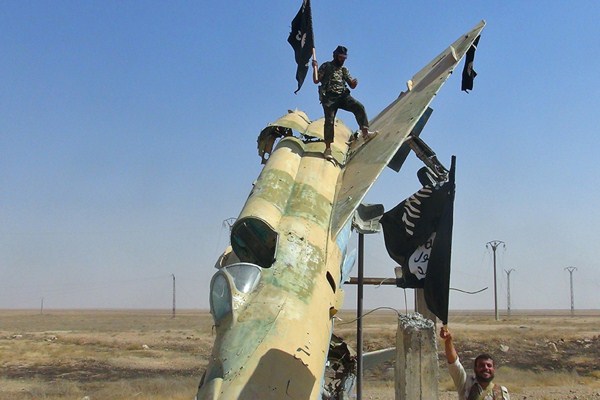Washington is rife with calls to destroy the so-called Islamic State, also known as the Islamic State in Iraq and Syria. The combination of far-reaching ambition, tactical skill, money, weaponry and depraved barbarity make the group a pressing, even unprecedented, security threat. Like al-Qaida a decade ago, the Islamic State has woven together a dangerous network, this one composed of fat-cat Gulf funders, angry young Western Muslims struggling with inner demons, local Sunni Arabs angered by repression from the governments in Damascus and Baghdad, violence-obsessed jihadists from across the Islamic world and former Baathists still bitter over losing power. As Gen. Martin Dempsey, chairman of the Joint Chiefs of Staff, put it, "This is an organization that has an apocalyptic, end-of-days strategic vision and which will eventually have to be defeated."
Destroying the Islamic State would be a very good thing. The Obama administration seems to be accepting this, at least slowly and grudgingly. The danger, though, is that American political leaders and strategic thinkers will reprise their tradition of overestimating U.S. power and underestimating the costs of destroying a fanatical transnational terrorist organization. The most popular idea in Washington, for instance, is to increase U.S. airstrikes and pump up support for the Iraqi security forces, regional militias and the less extreme elements of the Syrian resistance. This will damage the Islamic State but not destroy it. The organization is too ingrained in eastern Syria and western Iraq and too flush with resources and recruits. The strategic price of decisively defeating it will be much higher.
For starters, doing so will require a sustained air campaign. Even when aircraft or drones are not actually hitting targets on the ground, they must be available to do so at a moment's notice. The U.S. military, particularly the Air Force, is the only one capable of sustaining something like this for the years it may take, but it is already under significant stress. Unless public opinion and political dynamics in the U.S. change suddenly, sequestration will return and the defense budget will shrink further. Protracted operations in Iraq and Syria will make it harder to rebuild the U.S. military in the face of Chinese military modernization and renewed Russian aggression. Part of the strategic price for defeating the Islamic State, then, may be to make Beijing and Moscow even less hesitant to use military intimidation in their respective regions.

